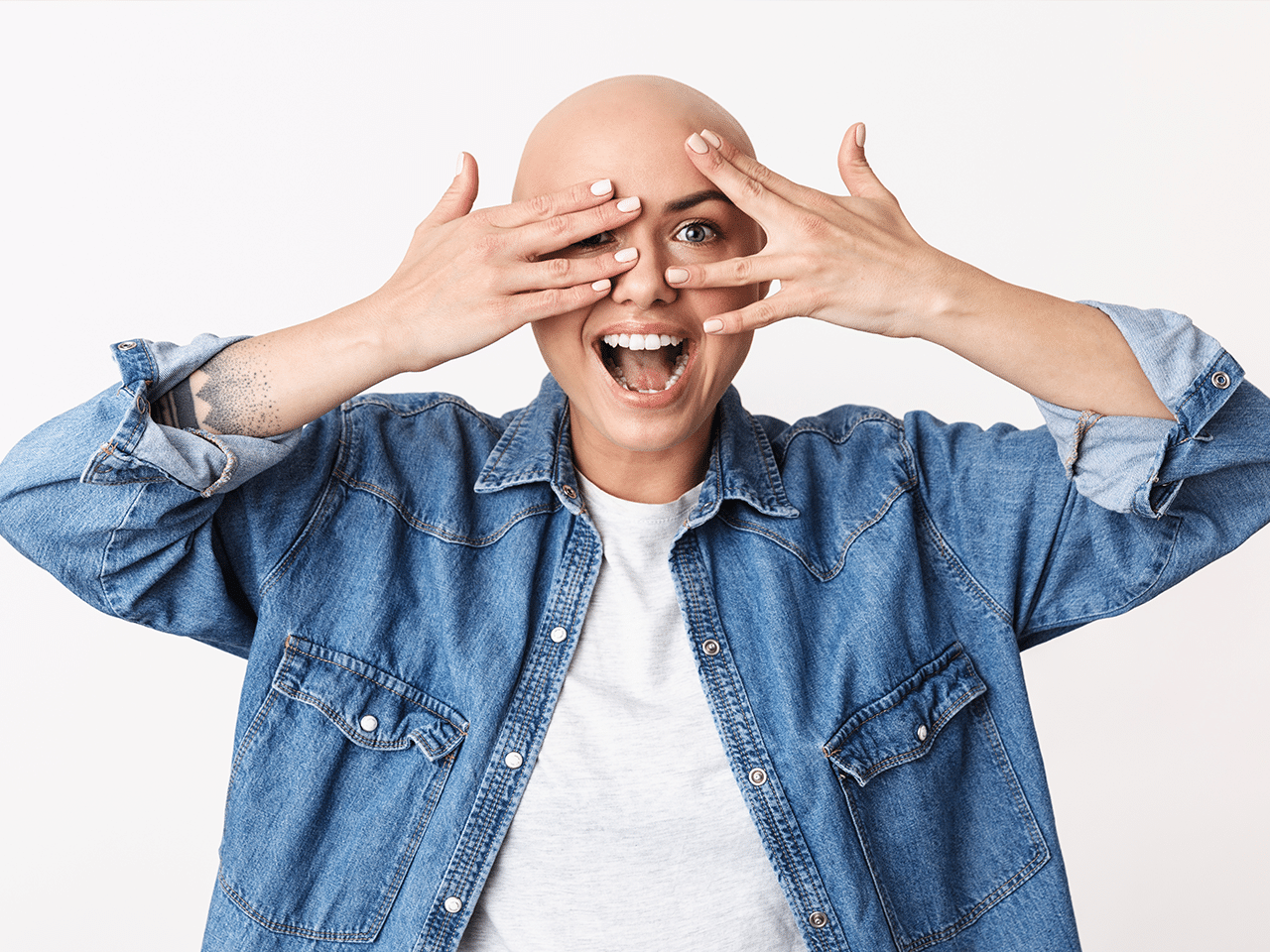[ad_1]
At first glance, it seems like an odd question. How could a bare scalp possibly host those tiny, fast-moving parasites? But looks can be deceiving. Assumptions often overlook key details that make all the difference. Dig deeper and you’ll uncover realities far more complex than they appear. The truth reveals spaces where even the slick can be overrun. While the lack may provide some protection, it does not grant full immunity. To find the answer to “Can bald people get lice?”, one must push past presumptions and examine the tiny world up close. Only then can the details take shape to solve the riddle. Now is the time to zoom in and unravel the question that begs exploration: Can they still creep where hair won’t reach?

Understanding Lice and How They Spread
Before we dive into the intriguing question of whether bald individuals can get lice, it’s essential to grasp the fundamentals of these tiny creatures and how they spread. Head lice, scientifically known as Pediculus humanus capitis, are parasitic insects that primarily infest the human scalp. Contrary to popular belief, they are not discriminatory based on hair type or quantity. Lice can find a home on virtually any human head, whether it’s adorned with a lush mane or entirely bald. Lice spread through close personal contact and sharing items like combs or hats. The human scalp provides an ideal warm habitat for lice to thrive and multiply. While we often link lice to schoolkids, adults in tight-knit communities can encounter them too. Whether you have hair or are bald, understanding how lice behave and transmit allows you to take steps to properly treat and prevent an outbreak. Being informed helps contain the nuisance if those pesky bugs ever pop up.
Dispelling the Myth: Lice and Baldness
There’s a common myth that bald folks don’t have to worry about lice. But it’s important to set the record straight: bald people can definitely still get lice. These tiny critters aren’t picky – they’ll latch onto any scalp, whether hair is present or not.
Lice are surprisingly adaptable parasites. They don’t solely rely on hair to survive. Using their claw-like grippers, they can anchor directly onto the scalp itself. And while the head is their top spot, lice can also hang out in other hairy places like eyebrows or eyelashes.
The truth is, baldness doesn’t provide a force field against lice. This myth shows we need to spread accurate facts and educate everyone on prevention, spotting an infestation early, and treatment – regardless of the amount of hair on their head. Lice aren’t prejudiced. The only way to beat them is through knowledge and vigilance. If you live in Virginia Beach and are concerned about a lice infestation, be sure to seek lice treatment Virginia Beach.
Why Lice Can Infest Bald Heads
You may be wondering how lice can live on a bald head when there’s no hair for them to cling to. It comes down to their resourcefulness. Lice don’t solely rely on hair – they have claws specially designed to grip the scalp itself. This means they can firmly attach to the skin whether hair is present or not. It shows their stubbornness and ability to find a place to feed and reproduce. Lice aren’t limited to the head either. They can also live in other areas with hair like eyebrows and eyelashes. So even if you’re bald, lice can still be a problem if they have some hair to grab onto. Understanding this is key for effective prevention and treatment no matter how much hair you have.
Prevention and Treatment for Bald Individuals
Whether you have a full head of hair or rock a bald look, preventing and treating lice is important for everyone. Good hygiene and avoiding close contact with people who have lice can help prevent infestations. If you have school kids or live in a place like Virginia Beach where lice are common due to the climate, stay updated on local outbreaks so you can take precautions.
If you do get lice, act fast. Fortunately, there are over-the-counter treatments and professional services available. Bald folks should know these treatments can be applied directly to the skin. Natural remedies like tea tree oil and vinegar also work. Talking to a doctor or lice specialist in Virginia Beach can get you customized prevention and treatment plans, so you can keep your scalp lice-free no matter how much hair you have.
Conclusion
The idea that bald folks can’t get lice is totally wrong. Lice are sneaky little bugs that can grab onto any human scalp with their tiny claws, whether there’s hair or not. It’s important for everyone to know the truth – lice don’t care if you have hair or not! Preventing and treating lice matters just as much if you’re bald. By getting the facts straight and staying on top of lice awareness, we can all do a better job avoiding infestations, catching them early, and getting rid of them fast. Lice don’t play favorites when picking a head to move into. Knowing how they operate is our best weapon against them. So, remember, bald or not – everyone needs to watch out for lice!
Disclaimer
The Content is not intended to be a substitute for professional medical advice, diagnosis, or treatment. Always seek the advice of your physician or other qualified health provider with any questions you may have regarding a medical condition.
[ad_2]
Source link

Hi! I’m a dedicated health blogger sharing valuable insights, natural remedies, and the latest scientific breakthroughs to help readers lead healthier lives. With a holistic approach to wellness, I empower individuals with accessible and actionable content, debunking myths and offering practical tips for incorporating healthy habits.